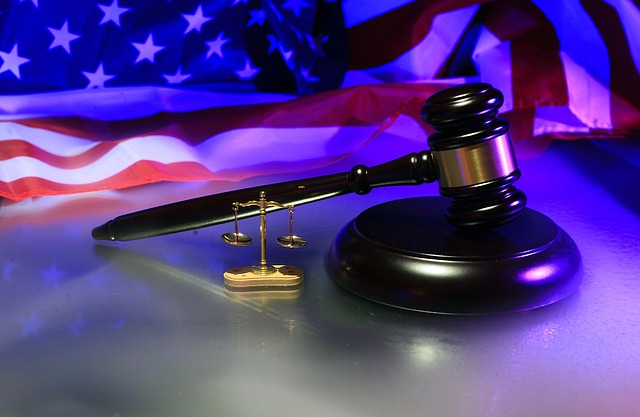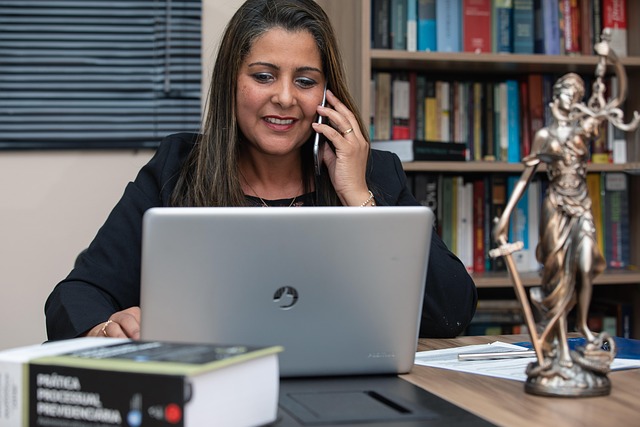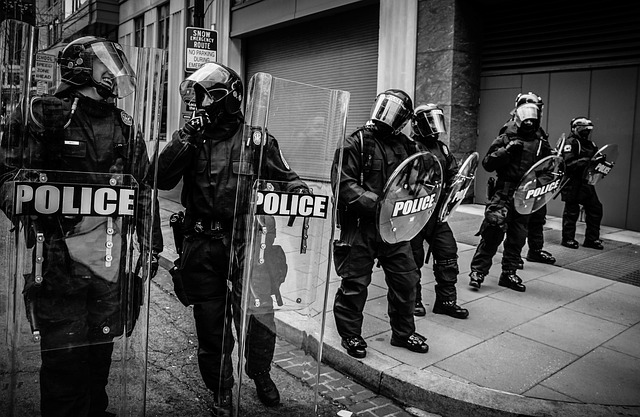In complex securities class action trials, Strategies to Contest Witness Credibility are crucial for both corporate and individual defendants. By examining witness qualifications, motives, and statement consistency, attorneys can undermine their reliability. Tactics include revealing prior inconsistencies, exposing biases, disputing expertise, cross-examining strategically, and using case studies of successful challenges as guides. These strategies, backed by thorough research, expert witnesses, and skilled questioning, have secured remarkable results in high-profile cases, reshaping corporate conduct and protecting investor rights.
“Securities class actions involve collective legal endeavors to hold entities accountable for fraudulent or unlawful activities. This article provides an in-depth look at a critical aspect of these cases: witness credibility. Understanding how to contest witness testimony effectively is key to navigating complex securities litigation. We explore strategies, drawing from real-world case studies, to challenge the validity and reliability of testimonies, ultimately emphasizing the importance of strategic approach in securing favorable outcomes.”
- Understanding Securities Class Actions: An Overview
- The Role of Witness Credibility in Trials
- Strategies to Contest Witness Testimony Effectively
- Case Studies: Successful Challenges in Securities Litigation
Understanding Securities Class Actions: An Overview

Securities class actions involve a group of investors joining forces to sue companies and individuals they believe have engaged in fraudulent or illegal activities related to securities. These cases can be complex, with intricate financial details and numerous potential witnesses. Understanding how to navigate these challenges is crucial for both plaintiffs’ and defendants’ legal strategies. One key aspect is developing effective strategies to contest witness credibility in trials.
By examining the qualifications, biases, and consistency of witnesses, attorneys can undermine their testimony’s reliability. This approach becomes even more significant in securities cases, where market conditions, financial statements, and industry standards are often at the heart of the dispute. An unprecedented track record of successfully challenging witness credibility can be a powerful asset for plaintiffs’ attorneys, demonstrating their expertise and commitment to achieving justice for their clients across the country.
The Role of Witness Credibility in Trials
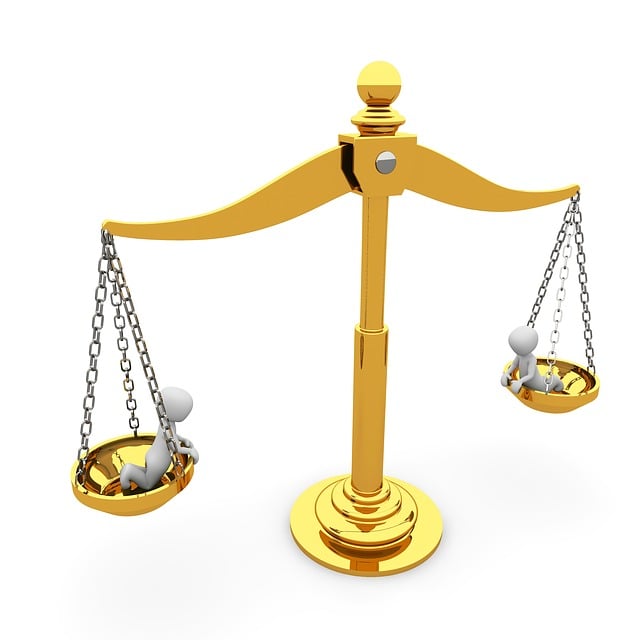
In securities class action trials, the credibility of a witness can be a decisive factor in achieving winning challenging defense verdicts for corporate and individual clients. Strategies to contest witness credibility are essential tactics used by defendants to undermine the reliability of testimony presented by plaintiffs’ experts or key witnesses. By thoroughly examining their qualifications, motives, and the consistency of their statements, attorneys can cast doubt on the veracity of their evidence, potentially swaying jurors in favor of the defense.
Effective challenges often involve revealing inconsistencies in prior statements, exposing potential biases, or demonstrating a lack of expertise in the relevant field. These strategies are crucial for achieving extraordinary results in complex cases, ensuring that justice is served and the legal system remains fair and reliable.
Strategies to Contest Witness Testimony Effectively
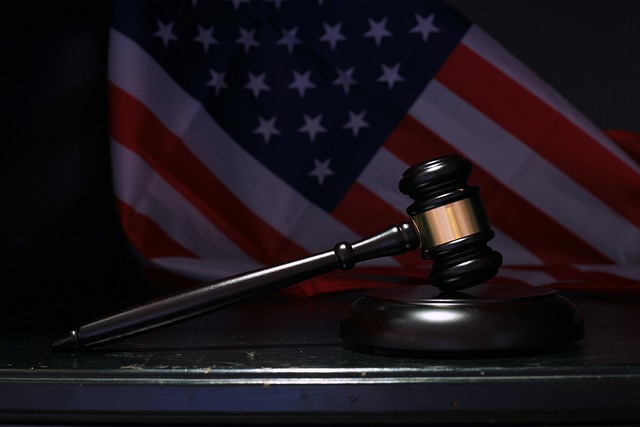
When facing witness testimony in securities class action trials, effective contestation strategies are crucial for both corporate and individual clients accused of white-collar and economic crimes. One key approach involves thorough preparation and investigation to uncover potential biases or conflicts of interest. This may include examining the witness’s financial incentives, personal relationships with other parties involved, or any prior inconsistent statements. Such revelations can significantly impair the witness’s credibility in the eyes of the jury.
Additionally, cross-examination plays a pivotal role in challenging witness testimony. Lawyers can employ tactical questioning to highlight inconsistencies, contradicting statements, or gaps in the witness’s recollections. By presenting alternative explanations or raising reasonable doubts, attorneys can sow seeds of uncertainty among jurors. This strategy is particularly effective when addressing complex financial matters where nuances and context are paramount. Ultimately, successful contestation not only weakens the opposing side’s case but also positions the defense to present a more compelling narrative, aiming to avoid indictment or mitigate potential liabilities.
Case Studies: Successful Challenges in Securities Litigation
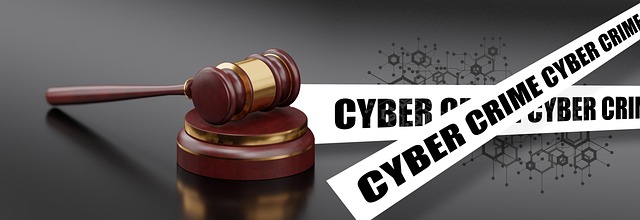
In the realm of securities litigation, case studies often serve as a vibrant tapestry of successful challenges. High-stakes cases, where strategic moves can mean the difference between a complete dismissal of all charges and substantial financial penalties, highlight effective strategies to contest witness credibility in trials. By employing meticulous research, expert witnesses, and cross-examination prowess, plaintiffs’ attorneys have achieved extraordinary results, reshaping corporate behavior and protecting investor rights.
These successful challenges often revolve around unveiling inconsistencies in witness testimonies and presenting compelling alternative narratives. Through careful analysis of documents, financial records, and industry standards, attorneys can expose biases, inaccuracies, or omitted facts. Such tactics not only strengthen the plaintiff’s case but also deter defendants from relying on untrustworthy evidence, ultimately leading to more favorable outcomes for investors in future high-stakes cases.
Securities class actions require a thorough understanding of witness credibility, as it can significantly impact the outcome of trials. By employing effective strategies to contest witness testimony, legal professionals can challenge the validity and reliability of key evidence. The case studies presented highlight successful challenges in securities litigation, demonstrating the importance of meticulous cross-examination, expert analysis, and a comprehensive examination of underlying documents. Armed with these strategies, attorneys can navigate complex legal landscapes and protect the interests of their clients.


